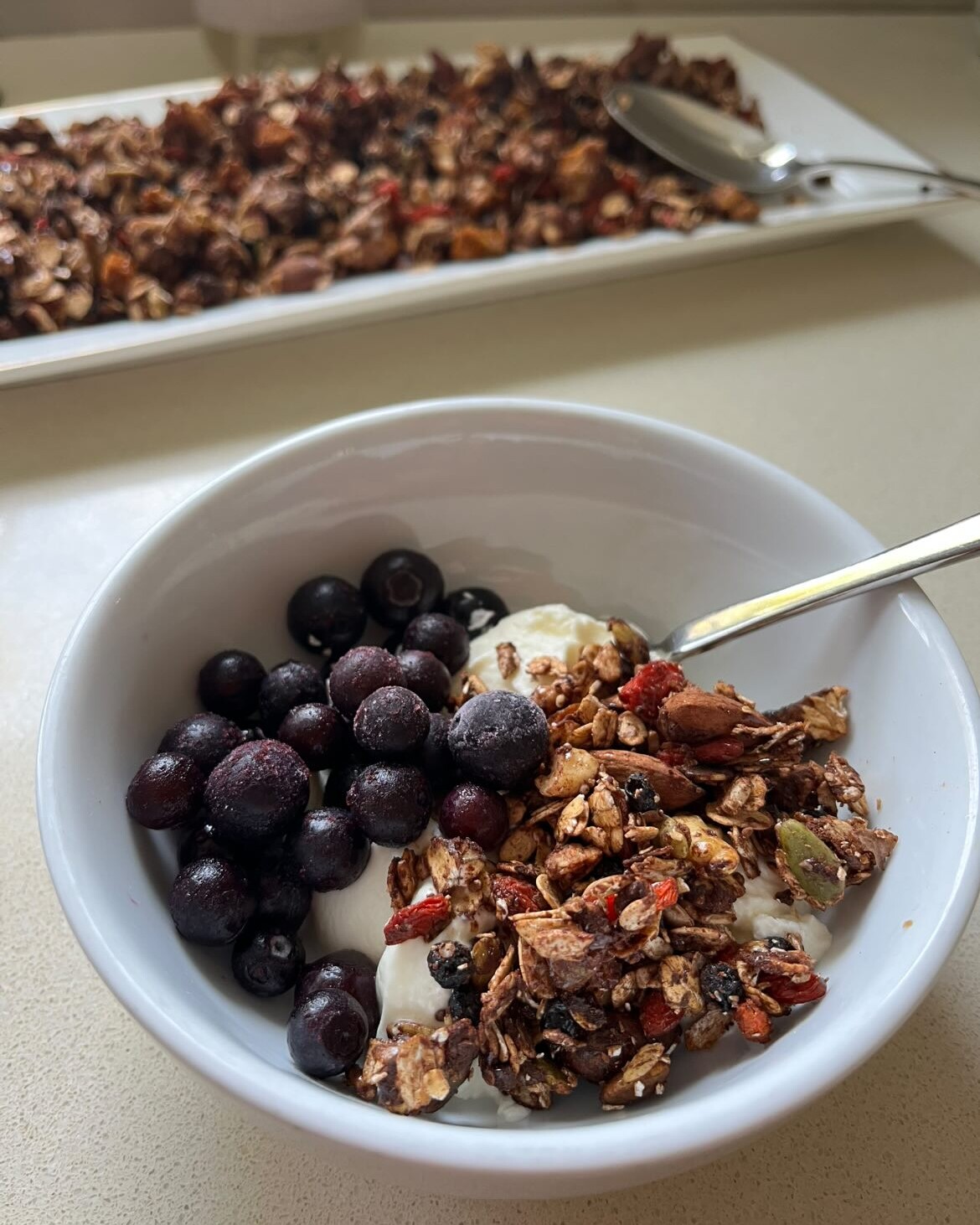Chemicals have made their way into many facets of modern life. From the food we eat to the products in our pantries, overexposure to toxic chemicals places pressing issues on both our bodies and the environment. The good news? Education surrounding the harmful effects of subtle and not-so-subtle chemical consumption is spreading. Here are our top 4 reasons to cut down on chemical consumption and tips on how to get started.
4 Reasons to Kick Chemicals To The Curb This Year
1. Chemicals Wreak Havoc On Your Immune System
The importance of proper immune function for overall health cannot be stressed enough. The immune system provides protection to the body from harmful bacteria, parasites, viruses and tumors, whilst also helping the body distinguish its own cells and tissues from foreign cells and substances. A number of chemicals found in household staples such as cleaning products and cosmetics have been shown to adversely affect the immune system.
When the immune system is overloaded with a high chemical count, negatively charged molecules known as ‘free radicals’ proliferate. While free radicals are an essential part of the immune system, too many of them can lead to cellular damage and oxidative stress. To ease this stress the body will draw from its antioxidant stores, which when used up, will leave it exhausted and less able to defend itself.
What you can do:
- Detoxify your living situation by opting for natural products over chemical ones.
- Invest in indoor plants; plants improve air quality by reducing levels of carbon dioxide, pollutants and dust.
- Eat a well-rounded diet, high in antioxidants, to strengthen your immune system and ease naturally occurring oxidative stress.
2. Chemicals Can Disrupt Healthy Hormone Function
Chemicals can also alter the delicate balance of hormones. Endocrine disruptors, also known as EDC’s, are chemicals that interfere with the endocrine system, the system made up of glands that secrete hormones in your body. Hormones are chemical messages responsible for regulating the activity of cells and organs within your body, more specifically, your growth, metabolism, sexual development and overall functioning.
EDC’s mimic the naturally occurring hormones in your body, such as the female sex hormone oestrogen or the male sex hormone androgen, producing overstimulation and disrupting the delicate balance needed for optimal hormone function. They also bind to receptor walls and block normal hormones from binding, prohibiting normal signals to occur and therefore preparing the body to perform improperly.
What you can do:
- Swap plastic water bottles and containers for glass or stainless steel.
- When it comes to food, beauty and cleaning, choose organic over conventional. Certified Organic products adhere to a set of strict standards – no harsh chemicals in the forms of pesticides, synthetic colourings, additives, preservatives or GM ingredients can be used (read more about going organic here).

3. They Mess With Your Metabolism
As hormones and metabolism are intrinsically linked, chemical exposure can cause your gut grief too. Chemicals affect the gut by reducing or impairing the ability of your thyroid; the gland that produces hormones responsible for metabolism and growth.
As several categories of toxins share similar structures to the thyroid hormone, chemical exposure can disrupt proper functioning and reduce overall thyroid count. When the thyroid’s ability is disrupted or slowed down, a condition known as hypothyroidism may occur. Irregular menstruation, constipation, sensitivity to the cold and fatigue are some of many symptoms that may signify hypothyroidism in addition to the gastrointestinal stress of an impaired metabolism.
What you can do:
The types of toxins that primarily affect the thyroid are substances that mimic thyroid hormone structure, halogens and heavy metals.
- Avoid foods contaminated with high amounts of heavy metals such as game fish.
- Use a high-quality water filter to ensure there are no nasties in your water and eat organic as much as possible.

4. They’re Bad For The Planet
Toxins in the environment have become a natural by-product of modern living. We drive cars that emit exhaust, work for industries whose manufacturing processes generate waste and garner household garbage all on our own. Though what does waste have to do with chemical exposure? And what implications does this have for our environment?
Both industrial and household waste can turn toxic, affecting our environment which in turn affects us. Things such as pesticides, plastic, metals, batteries, and used computer parts all contain harmful chemicals that can move through soil, water and air and stick to plants and animals. These chemicals can therefore be found on the food we eat, in the water we drink and in the air we breathe. Polluted water ways, contaminated soil and greenhouse gas emissions are among the most pressing and highlight the burgeoning burden that toxic chemicals weigh on our delicate ecosystems.
What you can do:
The biggest way you can reduce your impact on the environment is by reducing your contribution to waste.
- Bring reusable bags when shopping and buy produce that isn’t plastic wrapped.
- Wash and dispose of recyclables accordingly.
- Substitute driving with public transport, even if it’s just once or twice a week.
Why Should You Do It?
Trick question. The real question is – why not?
Consistent chemical exposure poses one of the most pressing issues for our generation. With implications for the proper functioning of our immune system, hormones and metabolism, and the risk of added pollutants in our already fragile ecosystems, curbing chemical consumption has never been more important. By making simple lifestyle adjustments you can enhance the health of both your body and the environment, helping ensure all things in life function as optimally as they were intended to.
Georgie Gleeson
Georgie is a copywriter and blogger from Sydney, Australia. With a focus on food, health and sustainability, her work spans from commercial blogs to independent publications. You can follow Georgie and her work at her blog yayleo.com.













